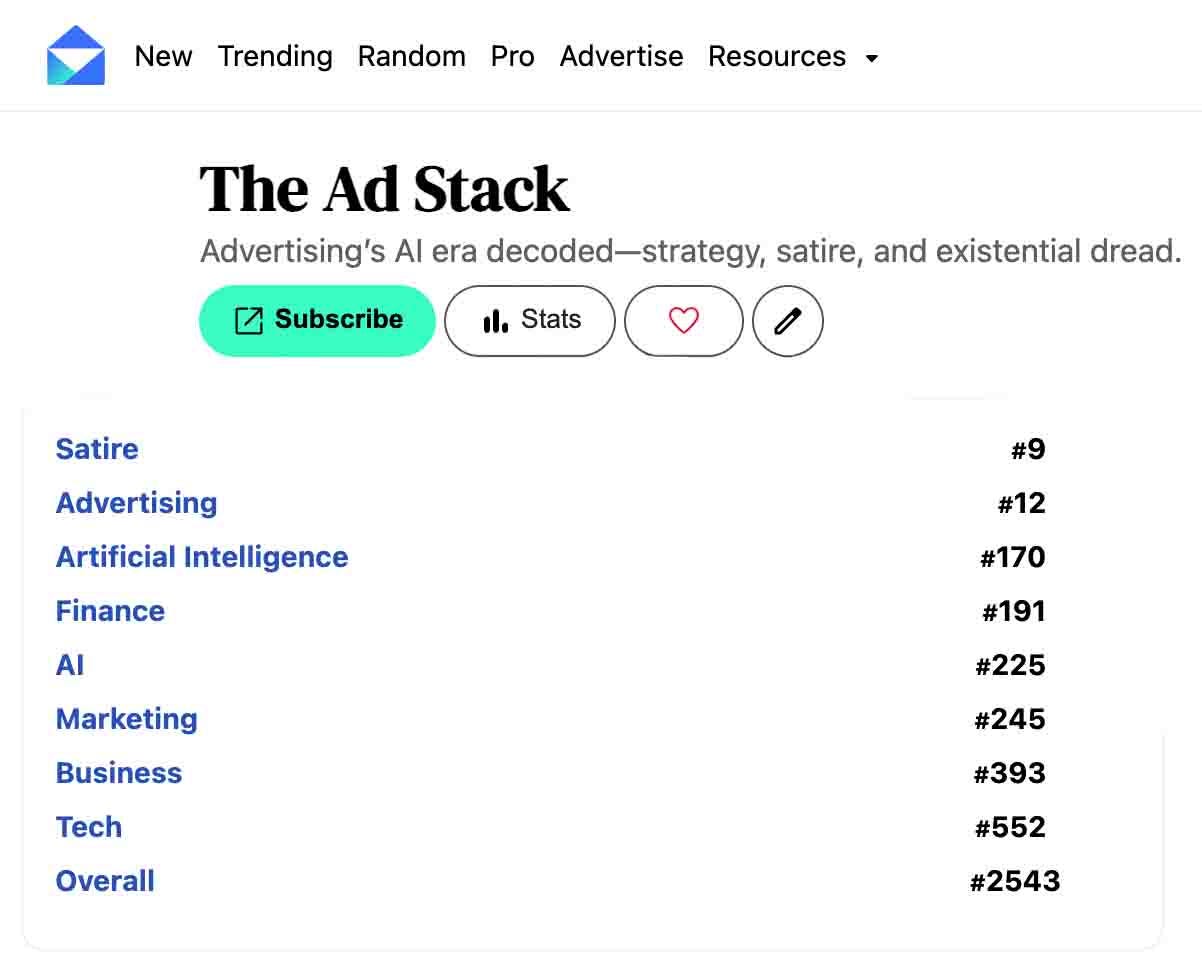Kinda like the Who’s Who of newsletter people.
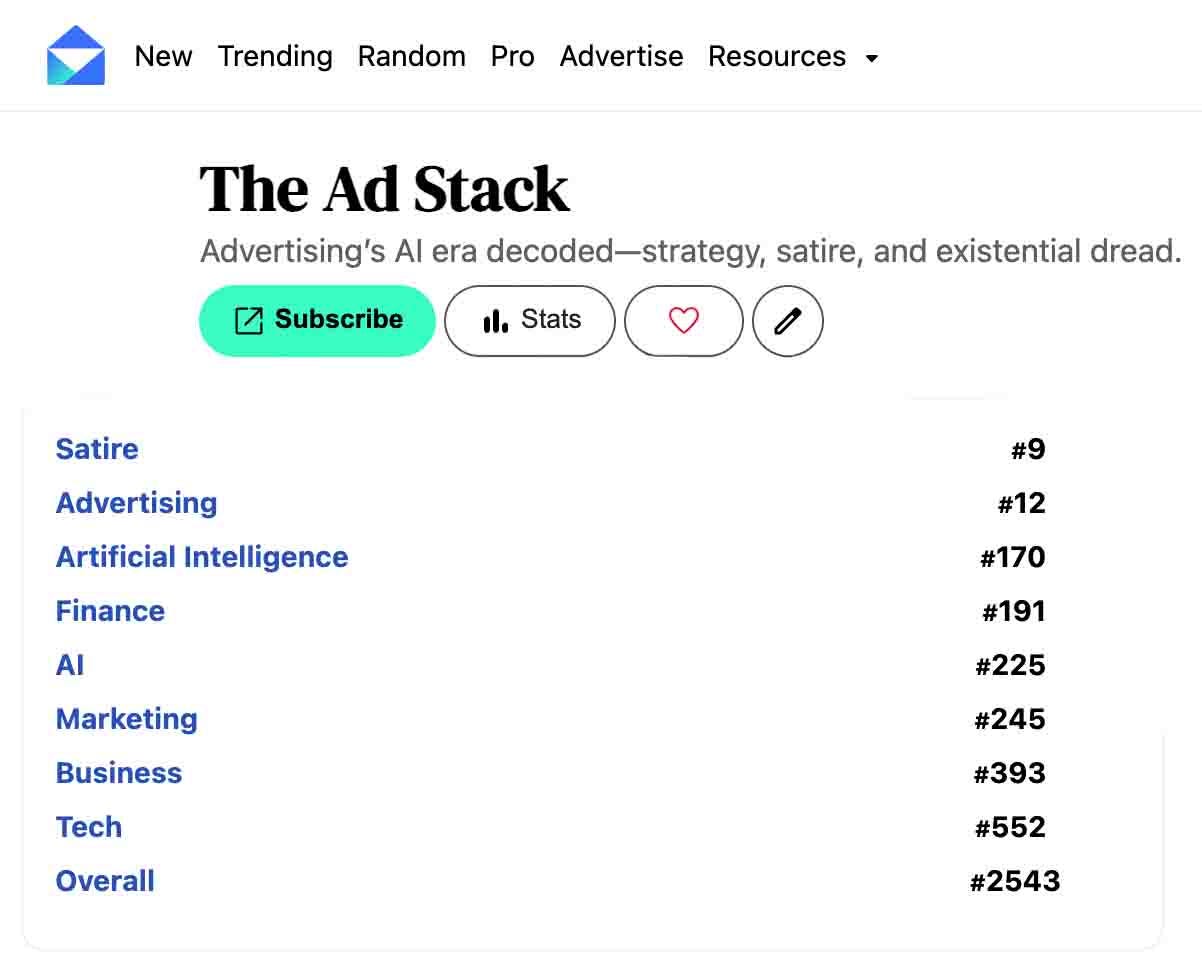
-
Pleased as punch you made The Ad Stack #9 in satire and #12 in Advertising.
-
Clearly we (I) have still got some work to do here, folks.
-
I hope there are more than 2543 newsletters out there.
So if you’re absolutely bored and sick of hanging out by the water cooler (like those still exist), please bounce over to inboxreads.co and say some not too sh*tty great things about this place. And many thanks.
Let’s dig in, shall we?
Publicis Groupe is smiling for the cameras, posting its +5.7% organic growth and whispering “resilience” like a mantra while quietly counting the number of agencies it still hasn’t digested.
France loves a good fight, even when the odds don’t.
The stock market loves a survivor story. Publicis has branded itself as the last holding company standing.
But look closer. The triumph feels eerily like déjà vu: the kind of “momentum” that always comes right before the storm.

-
Q3 2025: +5.7 % organic growth (up from +5.3 % in Q2)
-
U.S. revenue: +7.1 % from Epsilon & data-driven marketing
-
Latin America: +9.6 % — press-release fuel
-
Margins: ≈18 % (while WPP wheezes around 8 %)
“‘Publicis Groupe,’ slightly less on fire than everyone else.”
This is a good quarter in a bad year.
Global ad-spend growth has halved—from ~10 % to ~5 %.
Clients are holding budgets hostage. AI is promising salvation while quietly eroding billable hours.
“The Power of One” sounds visionary. It’s also confession.
One P&L. One organism. One hungry mouth.
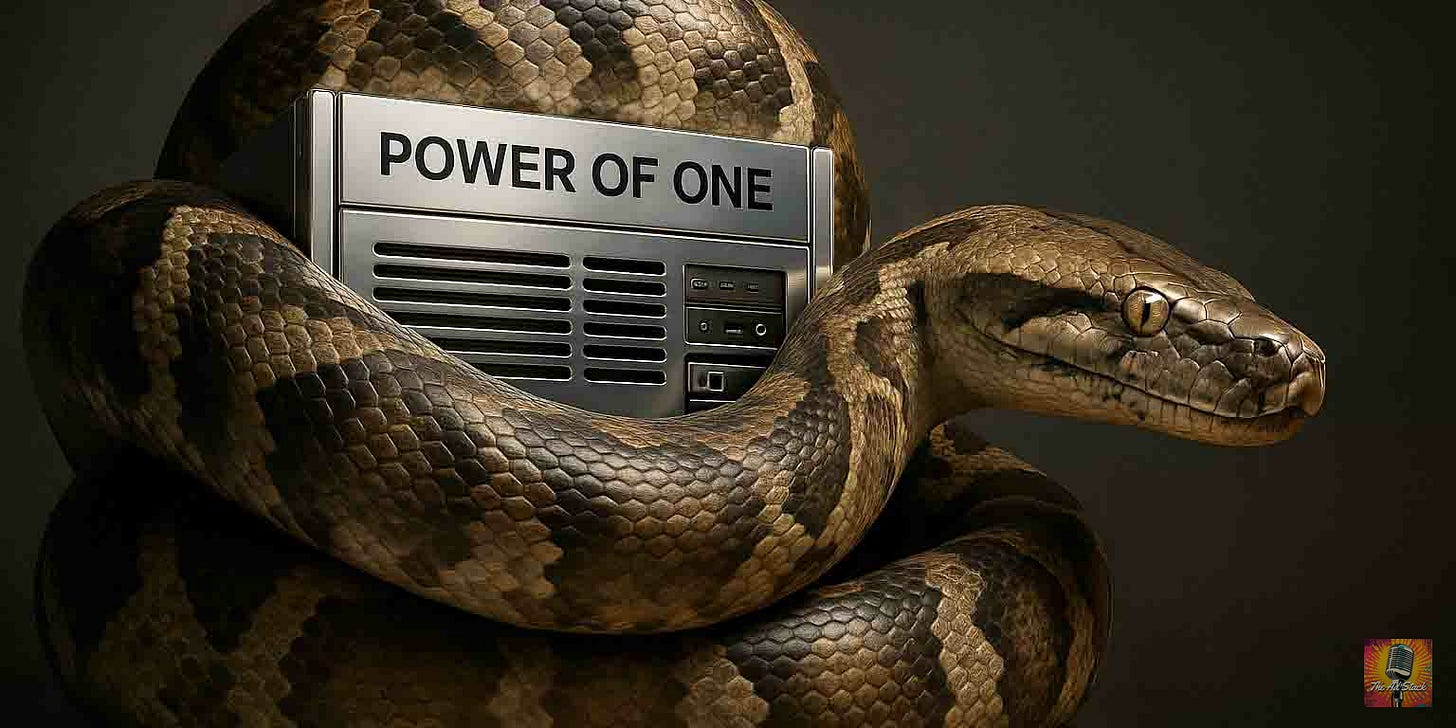
Publicis has swallowed Lotame, Epsilon, Sapient, Hearts & Science, and now influencer network HEPMIL.
It’s a tapeworm with creative teeth—digesting data pipes, buzzwords, and people.
The goal: become the platform.
Out-Google Google. Out-Meta Meta.
Sell integration as destiny.
None of these acquisitions prove data makes creativity better — only cheaper and faster.
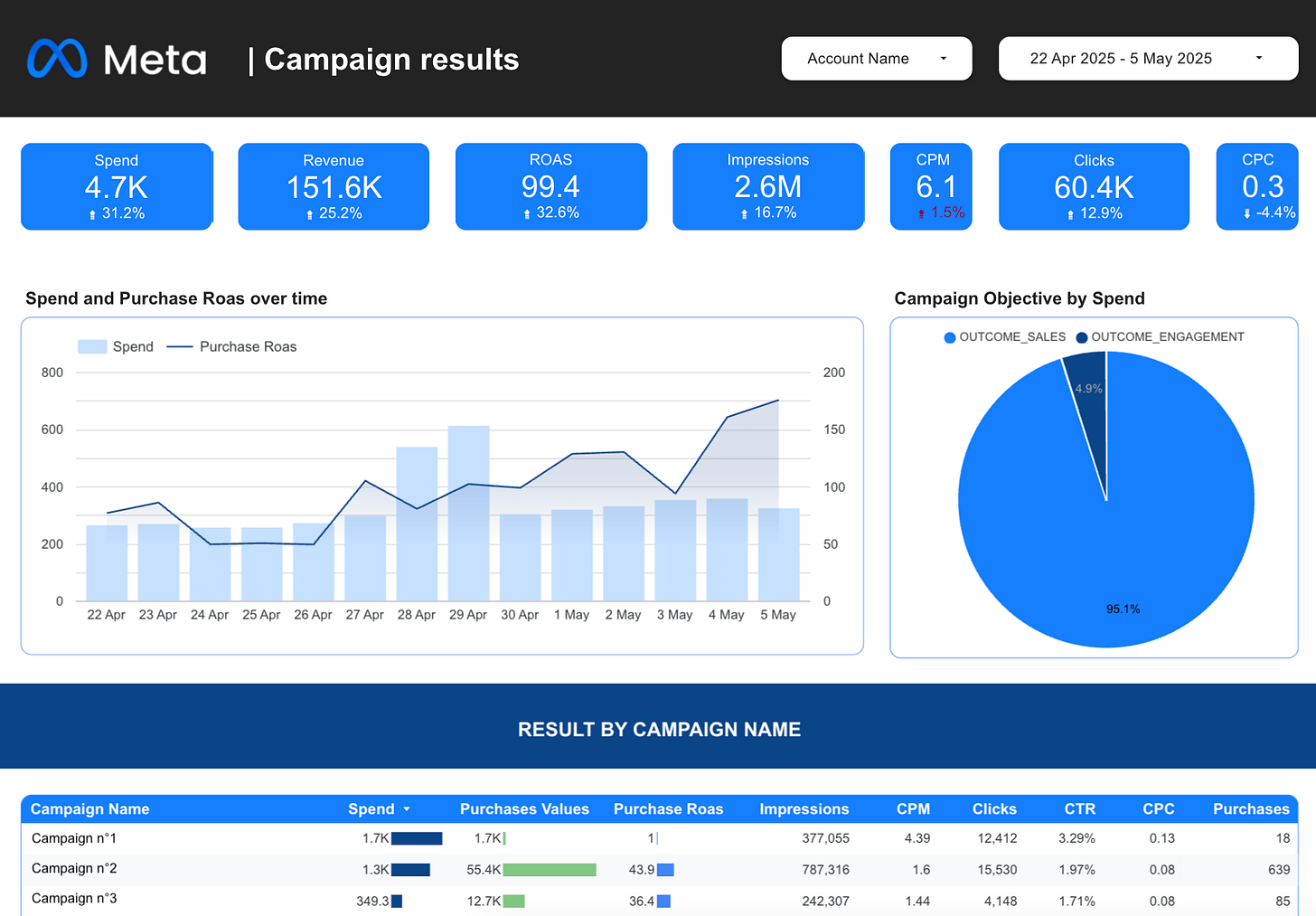
Publicis loves the language of precision: ROI, personalization, intelligent creativity.
But the dashboards aren’t divine revelation—they’re the same ones everyone else leases from Google Cloud.
Clients don’t crave “identity graphs.” They want cheaper CPMs.
The myth of “data-powered storytelling” lives around slide 12 of the deck—right before the CFO asks if AI can do it for less.
Publicis isn’t selling transformation.
It’s selling certainty—the most profitable illusion left in marketing.
-
Net Debt: €1.6 B ($1.8477 B USD) as of Sept 2025 (up from net cash position nine months earlier).
-
Integration Chaos: Each new acquisition adds systems, leaders, egos. “Power of One” is becoming the “Spreadsheet of Many.”
-
Creative Identity Loss: The data machine devours the soul of Saatchi, Leo Burnett, BBH. Is Fallon still around? Always liked them quite a bit.
-
AI Dependency: They don’t own foundation models; they feed off the platforms that threaten them.
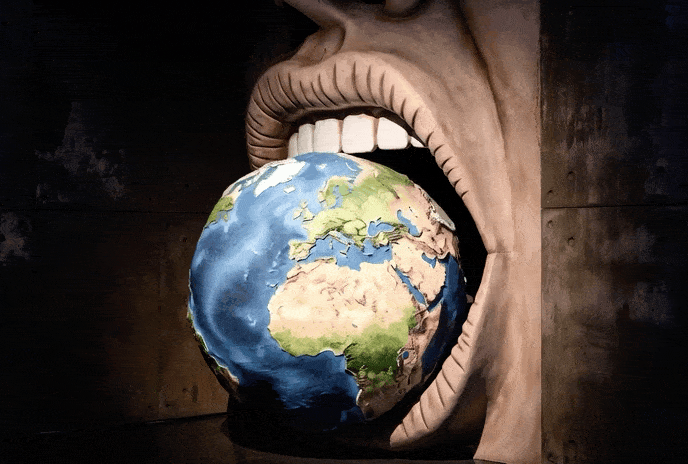
Yes, Publicis is swallowing the world—but it’s starting to cough.
Every acquisition adds revenue and complexity without guaranteeing resilience.
Imagine a python trying to digest a car:
impressive at first, grotesque by the end.
“The more they grow, the more they become the tech company they once mocked.”

Margins stay high because automation hasn’t yet collapsed pricing.
But once AI starts churning out finished campaigns, those 18 % margins evaporate. What’s startling is recalling the margins in digital of 75% from back in the day (2014?)
Publicis’s forecast assumes a compliant universe—clients stay loyal, data flows freely, privacy laws behave.
In 2025, that’s like betting on sunshine in a hurricane.
The holding-company model doesn’t evolve.
It persists through momentum.
Publicis is momentum personified — a machine spinning because stopping would mean remembering why it was built.
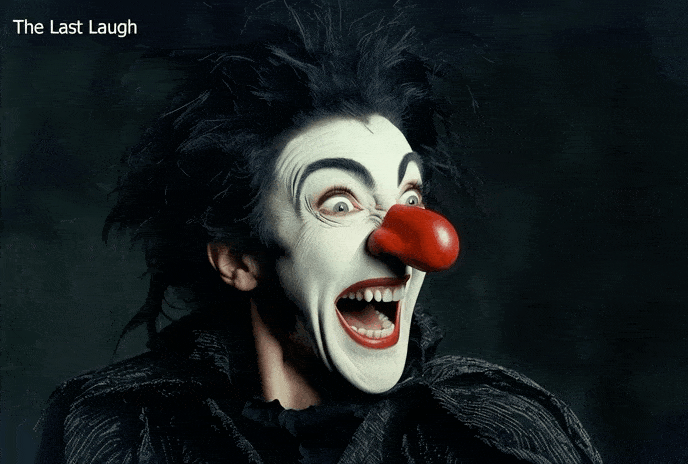
Publicis might outlast its rivals, but that doesn’t make it healthy. It’s the most elegant survivor at the wake.
They’ll keep buying, integrating, and automating, announcing “record quarters” until the music stops.
Strip away the dashboards and debt and what remains?
A company that mastered the art of selling transformation
while quietly becoming the thing it was supposed to transform.
Publicis isn’t the future of advertising.
It’s the beautifully automated tribute of what advertising used to be.
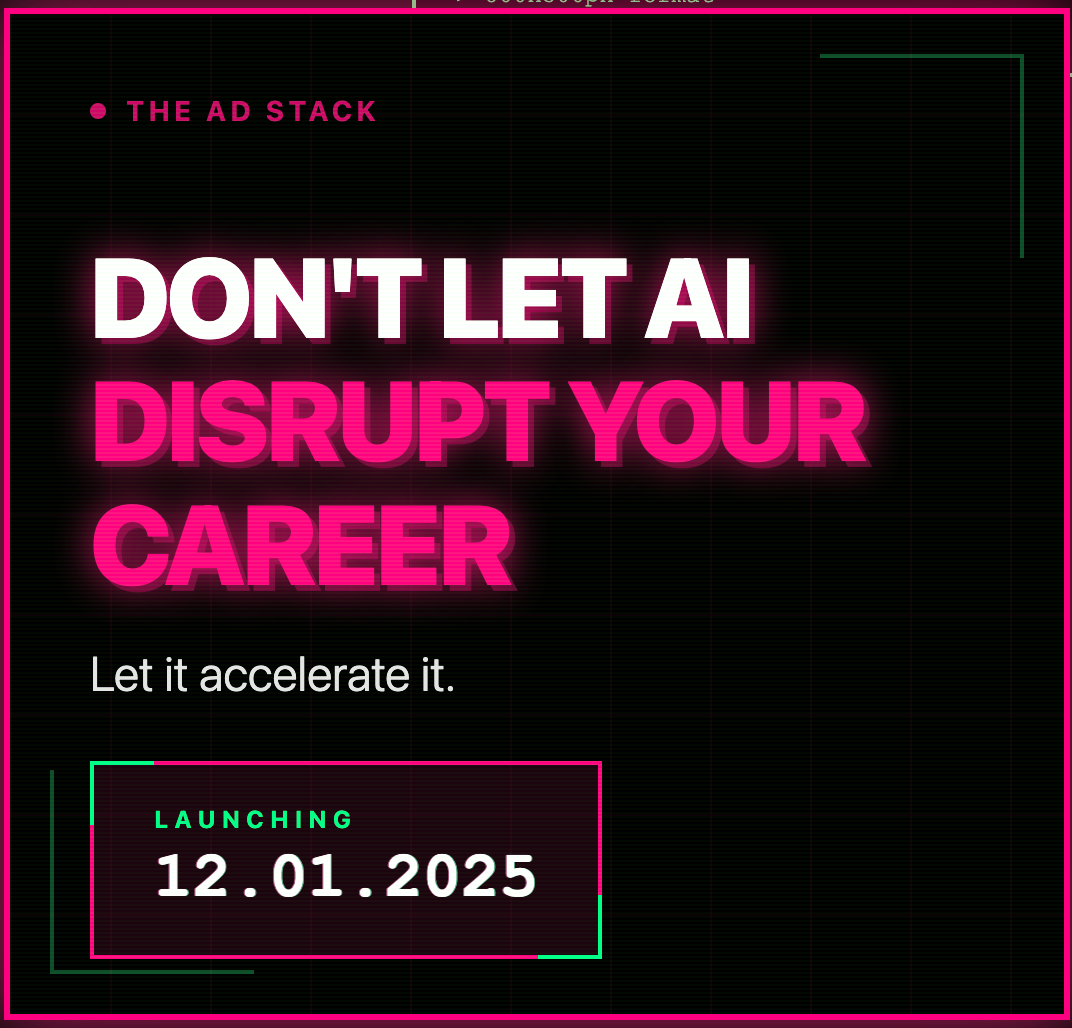
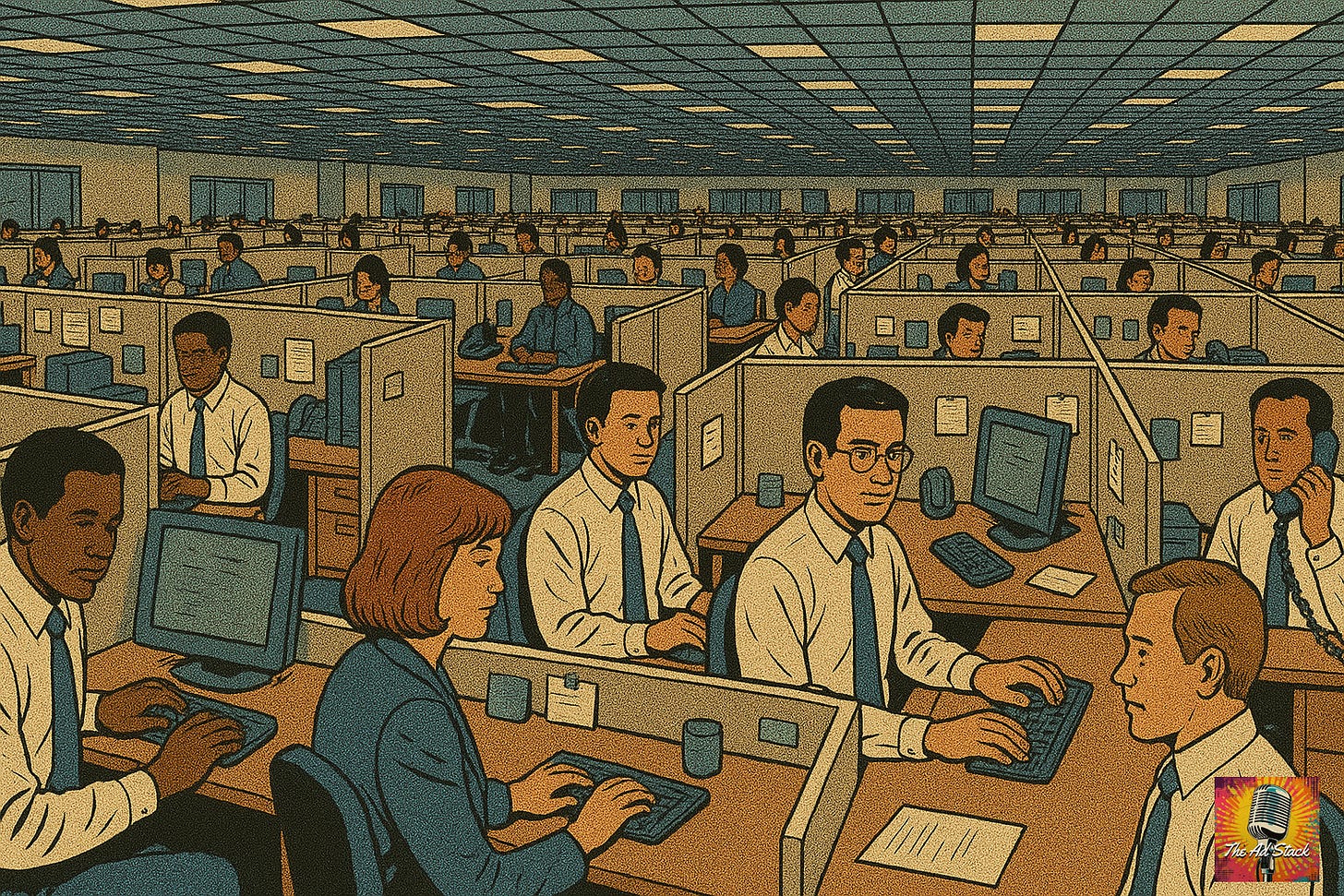
Got a freelance gig for a new business pitch a week before the big presentation. This is not just a campaign, but it is about how we treat their entire social media. On Monday, I found out I am the only AD on the team, and I had to come up with new campaign ideas, including art direction, photography, lighting, typography, motion direction, product hero shots, stunt ideas, influencer collaborations, and examples of final posts/comp per i and platform.
My team has been told we need to set “AI‑related goals” and start using internal tools that aren’t all that great. I’m not anti‑AI—I love Copilot for small coding tasks—but a lot of these mandates feel like doing AI for the sake of it. Which tools have legitimately improved your workflow? Have you run into company policies that block access to external models because of IP concerns? How do you push back when management wants metrics that don’t line up with how the work actually gets done?
This seems like a trend across all sorts of companies where the leadership is desperately trying to justify sinking gobs of money into AI due to hype without fully grasping how it will work. I’m also not anti-AI, it has its uses, but it’s feeling more and more like AI is simply not useful enough for the astronomical price it takes to produce.
via: Glass Door
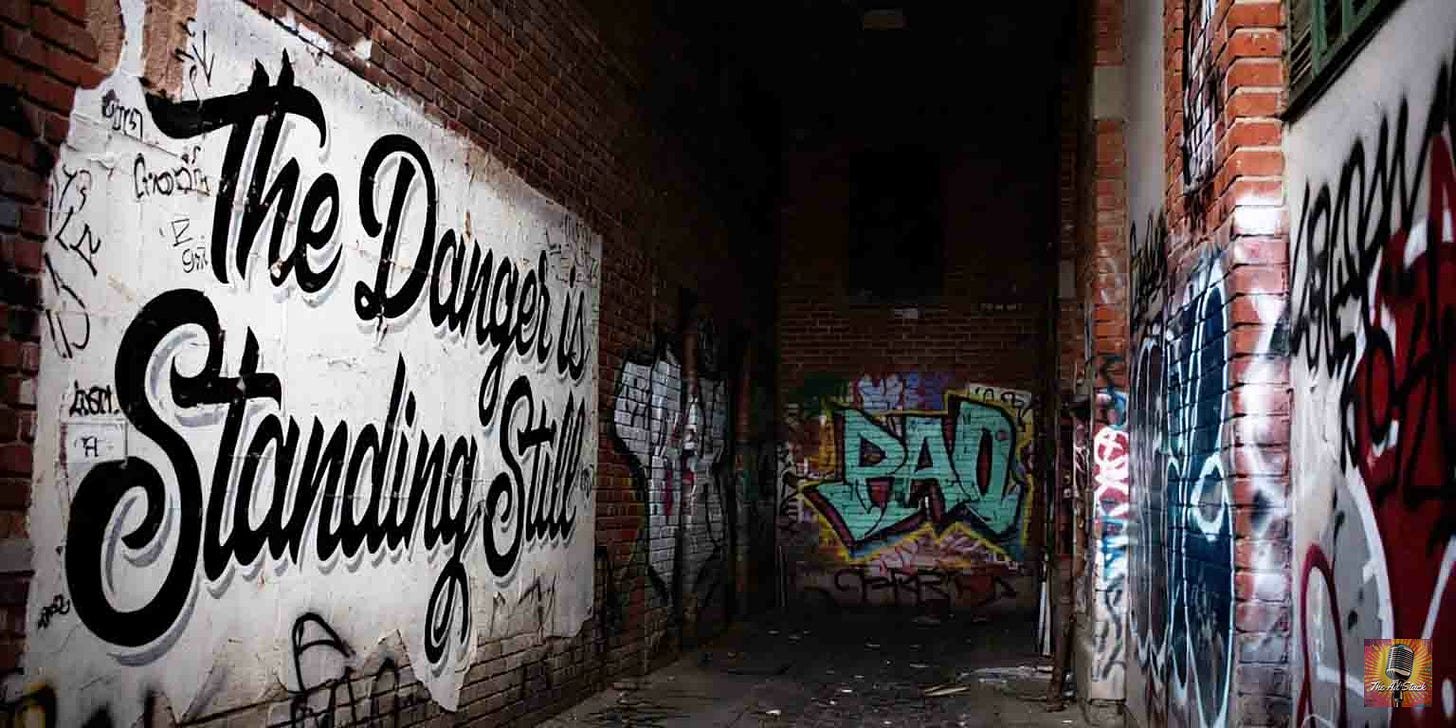
The fear is loud: “AI will replace creatives.” You see it everywhere. Headlines, Slack threads, whispered hallway chats between editors and directors. The message is clear: your job, your skills, your craft are in danger. But that fear, as raw and real as it feels, isn’t the core threat.
The real threat runs deeper. Quieter. More personal.
Yeah, “the machines” are here. Generative AI is advancing fast. What we used to call “creative work” might become a checklist of tasks AI can automate. One study warns that up to 26% of roles in arts, design, and media are at risk.
And yes, people still say, “AI can’t replace human creativity.” But that misses the point.
The real fear isn’t being replaced, it’s being reduced. Marginalized. Not fired, but devalued. Your edge gone. Your work flattened into something cheap and interchangeable.
You’re a seasoned film producer or editor. You know pacing, light, story, performance. But now you’re up against a wave of tools. AI for storyboards, color grading, voice cloning, pre-production prompts. You’re not just competing with people anymore. You’re competing with faster, cheaper, good-enough workflows.
You still have the job. But the margins are thinner. Your value leaks out.

That’s the shift. Creativity is turning into commodity. The goal isn’t bold work anymore. It’s fast, cheap, repeatable content. Big agencies know this. So do solo creators. AI-driven output is tempting. And once the market gets used to lower costs, your rates drop too.
One researcher put it bluntly: “If AI can deliver what people need at near-zero cost, why would anyone invest time or money in human-made content?”
The moment AI becomes “good enough,” the premium on human creativity disappears.
That cushion’s thin. Maybe AI can’t do deep, emotional storytelling. But it’s already doing ad copy, brand visuals, short video edits, motion graphics. That’s the kind of work that pays the bills. And it’s under threat now.
So again: the fear isn’t extinction. It’s erosion. It’s waking up to find you’re doing tasks AI can handle. Tasks you thought were just “production” — but that once made you essential.
You still have a title. But your role is hollowed out.
Especially to the film and video creatives I’m coaching. You’re not just asking, “Will AI take my job?” You’re facing something harder: “Will I still have control, creative say, and fair pay? Or will I be stuck doing more, faster, for less?”
That’s how craft dies. That’s how uniqueness fades. And once clients and companies expect “AI-assisted creative” at discount rates, it’s tough to go back.
The worst part? That soothing line, “AI can’t replace humans,” has become a lullaby.
It keeps people from adapting. “I do story, so I’m safe.” “I work at the high end, AI can’t touch me.” These are delays. Meanwhile, the tools become adopted, the workflows change, and your footing slips. Rates fall. Roles shrink. Suddenly you’re not a creative lead. You’re an operator.
This isn’t science fiction. It’s already happening. Creatives on Reddit are warning each other: AI is coming for the average, the formulaic, and that’s a big chunk of the industry. That’s where the bleeding starts.

Relying on the craft alone. Ignoring how the game is shifting. Then one day you’re in a meeting and your budget’s cut. Your team is smaller. And the brief is, “Run the tool and clean it up.” That’s the moment it hits. That’s the real threat.
But here’s the opening: when you understand the threat, you can respond.
You stop asking, “Will I be replaced?” and start asking,
“How do I protect the parts of my work that matter?”
You double down on what AI can’t do: leadership, taste, original vision, cultural understanding, emotional depth, human collaboration. The messy, human stuff.
When you understand the threat, you can respond.
I help creatives shift from executors to strategic leads. From “doing the work” to shaping it. From being replaced by AI to using it wisely.
Because the real danger isn’t that “the machine” takes your job. It’s that it leaves you with only the parts anyone can do, while everything that once made you special gets stripped away.
Hold onto the parts that matter. Don’t end up watching from the sidelines.
This is the age of the machine-assisted creative. It’s not the end. And it won’t be the end of the role you once knew, when you take the lead.

Image credit: NASA, ESA, David Jewitt (UCLA); Image Processing: Joseph DePasquale (STScI)
https://www.iflscience.com/interstellar-object-3iatlas-changed-color-again-and-shows-signs-of-non-gravitational-acceleration-81415
Feel free to leave comments and feedback.
-
Please forward this to three randos, dorks, colleagues, or someone you met today.
-
Like and Re-stack it below so others can find it!
-
Drop a comment below. If you’re into it, if it sucks … perhaps drop a Haiku about programmatic AI. Your call.
Thanks for the read!
